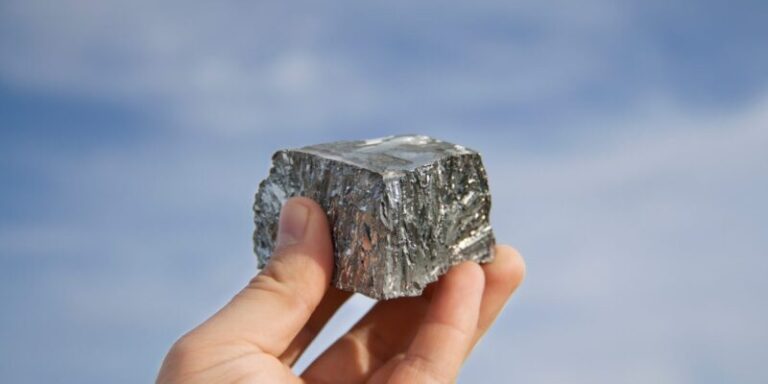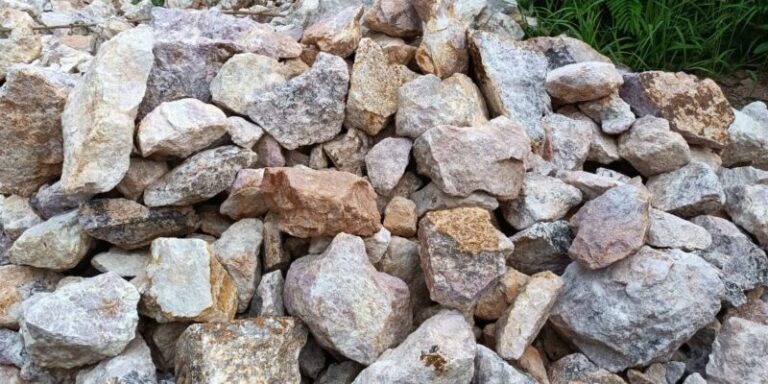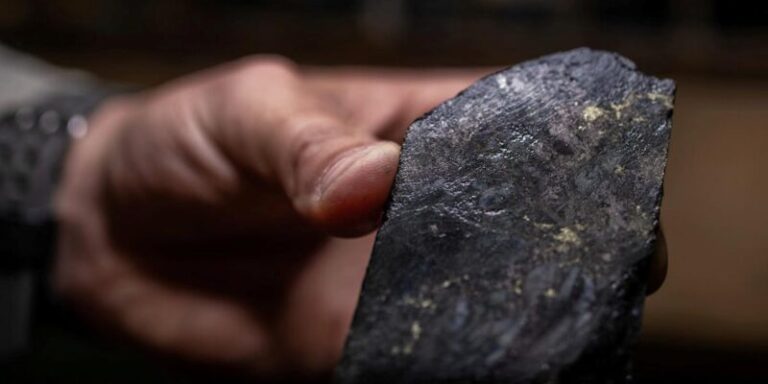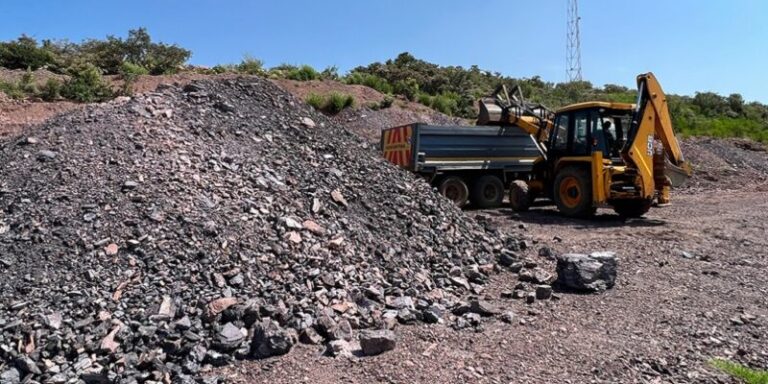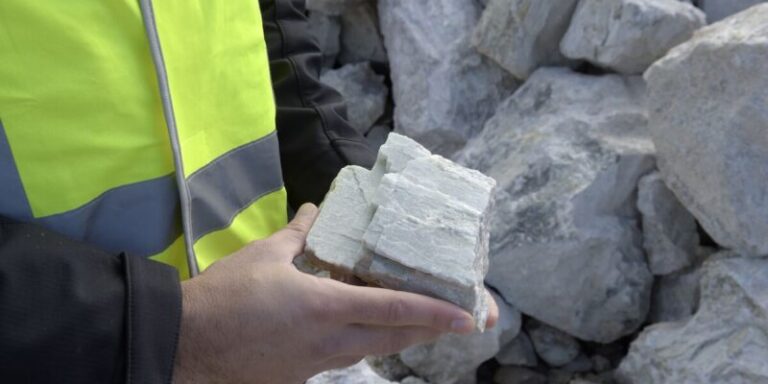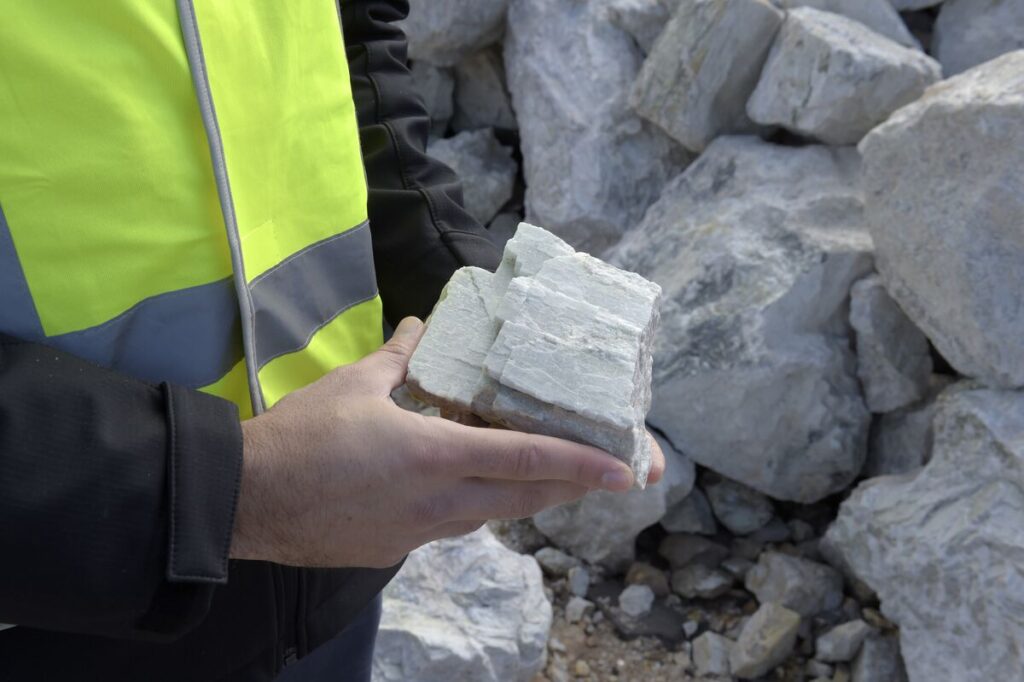
BUENOS AIRES – Argentina has approved a $2.5 billion lithium mining project by Anglo-Australian mining giant Rio Tinto, marking the first approval under its new investment incentive program, known as RIGI (Large Investment Incentive Regime).
The green light for Rio Tinto’s Rincon project, located in Salta Province, was announced by Daniel González, the country’s Secretary for Mining and Energy Coordination, during a conference in Buenos Aires.
This milestone comes amid concerns within Argentina’s mining sector over slow progress on the RIGI program, which was introduced nine months ago.
Seven projects have been submitted under the scheme, but Rio Tinto’s is the first to receive formal approval.
“We are relieved, as there was growing anxiety over delays in the RIGI process for mining,” said Roberto Cacciola, president of Argentina’s mining chamber, CAEM. “This is a major step forward.”
President Javier Milei’s libertarian administration is aiming to revitalize Argentina’s mining industry to attract foreign investment and stabilize an economy plagued by high inflation and foreign currency shortages.
Argentina is the world’s fourth-largest lithium producer and forms part of the “Lithium Triangle”—alongside Chile and Bolivia—which holds the world’s largest known reserves of the metal, essential for electric vehicles, electronics, and energy storage.
In addition to lithium, Argentina also exports gold and silver, and has significant copper projects in development, though none are currently operational.
Other companies awaiting RIGI approval include China’s Ganfeng Lithium, Canada’s McEwen Copper, and South Korea’s Posco.
Of the seven submitted projects, five are for lithium, with one each for gold and copper. Despite a rule requiring decisions within 45 working days, only Rio Tinto’s project has advanced so far.
Sources suggest that the delays stem not from deliberate inaction, but from the complexity of the approval process involving multiple government agencies.
Some companies may also have submitted applications prematurely, before meeting all requirements.
The RIGI program offers tax and customs incentives, access to international arbitration in case of disputes, and assurances of long-term regulatory stability.
In 2023, Argentina exported $4.8 billion in minerals—mostly gold, followed by silver and lithium.


